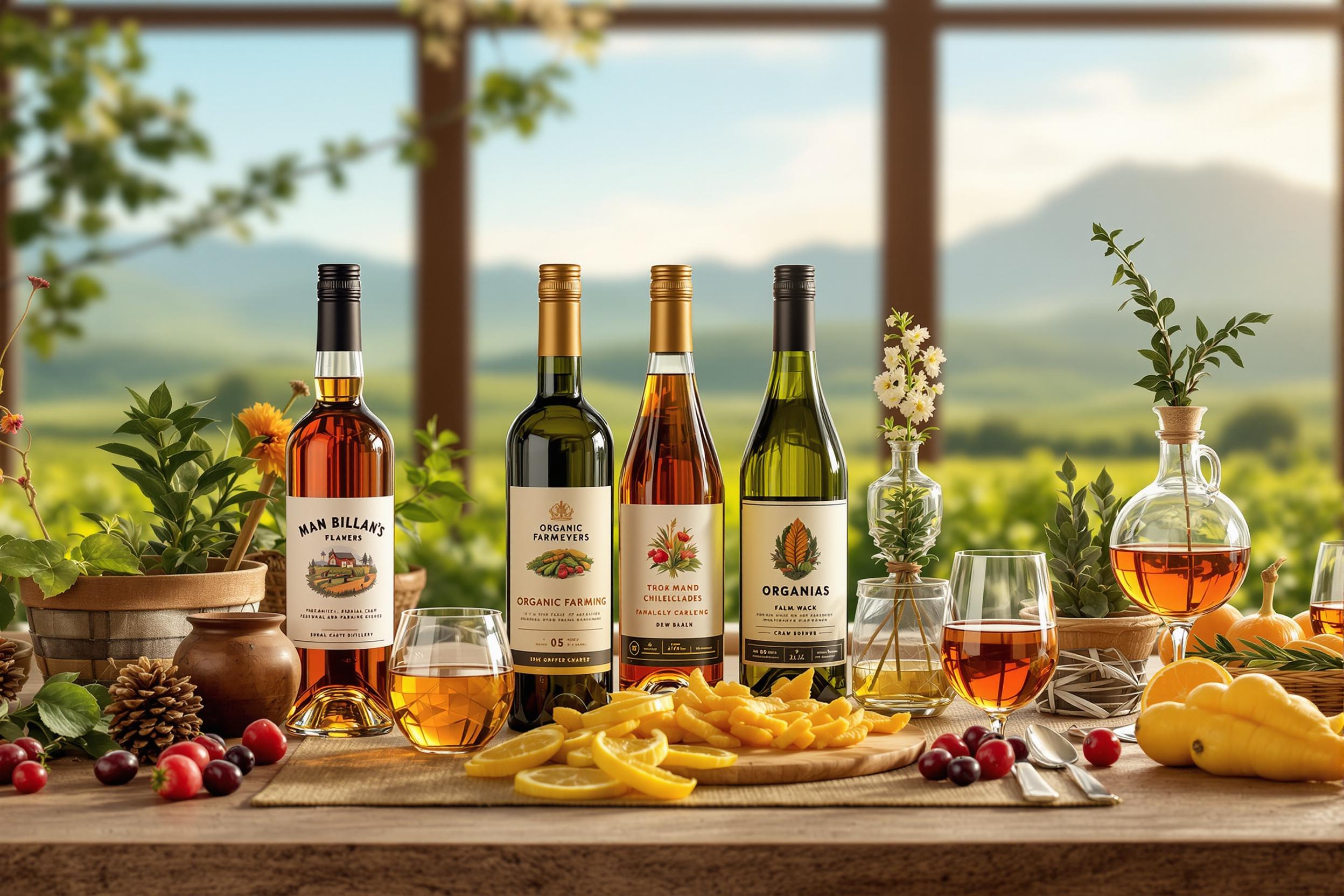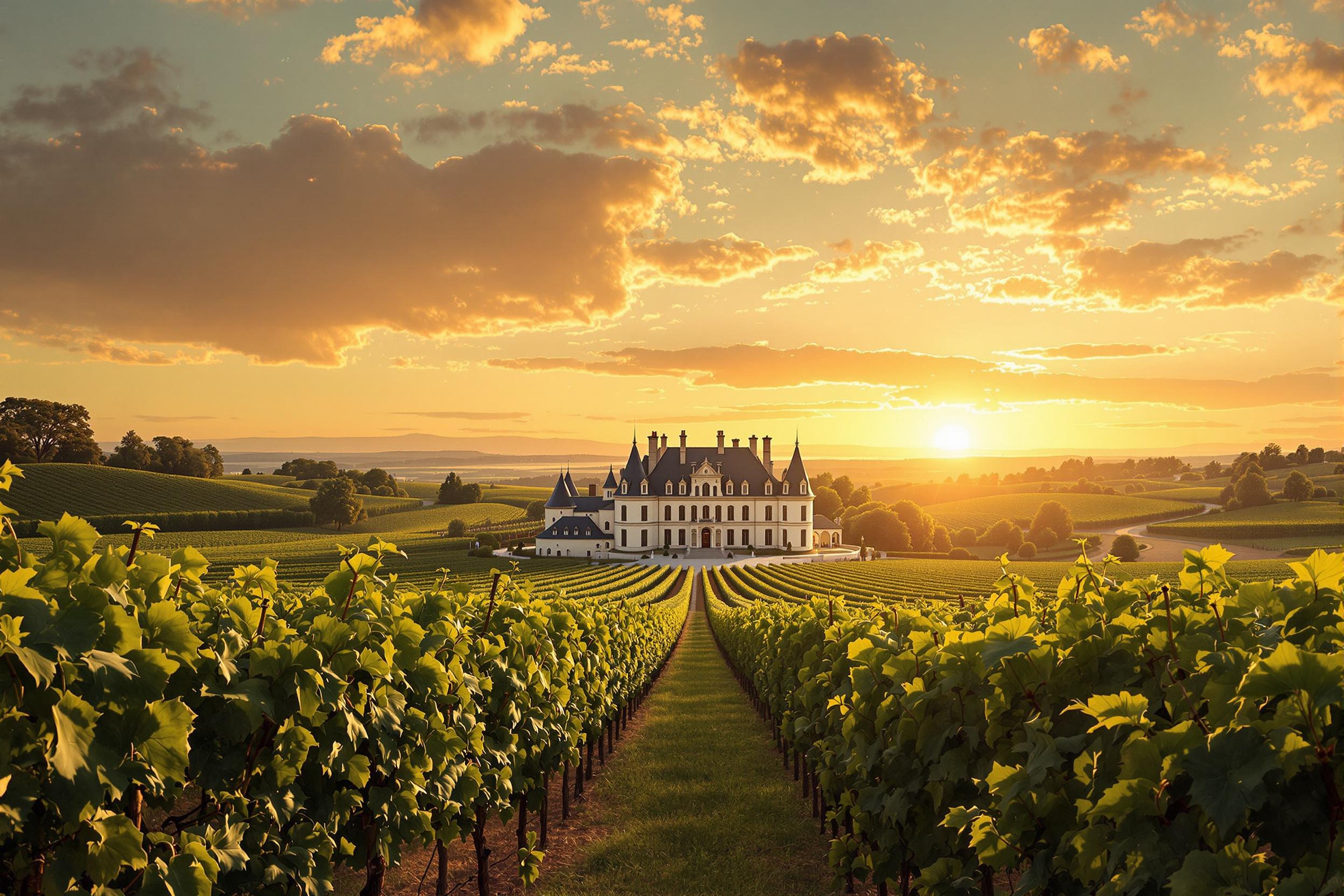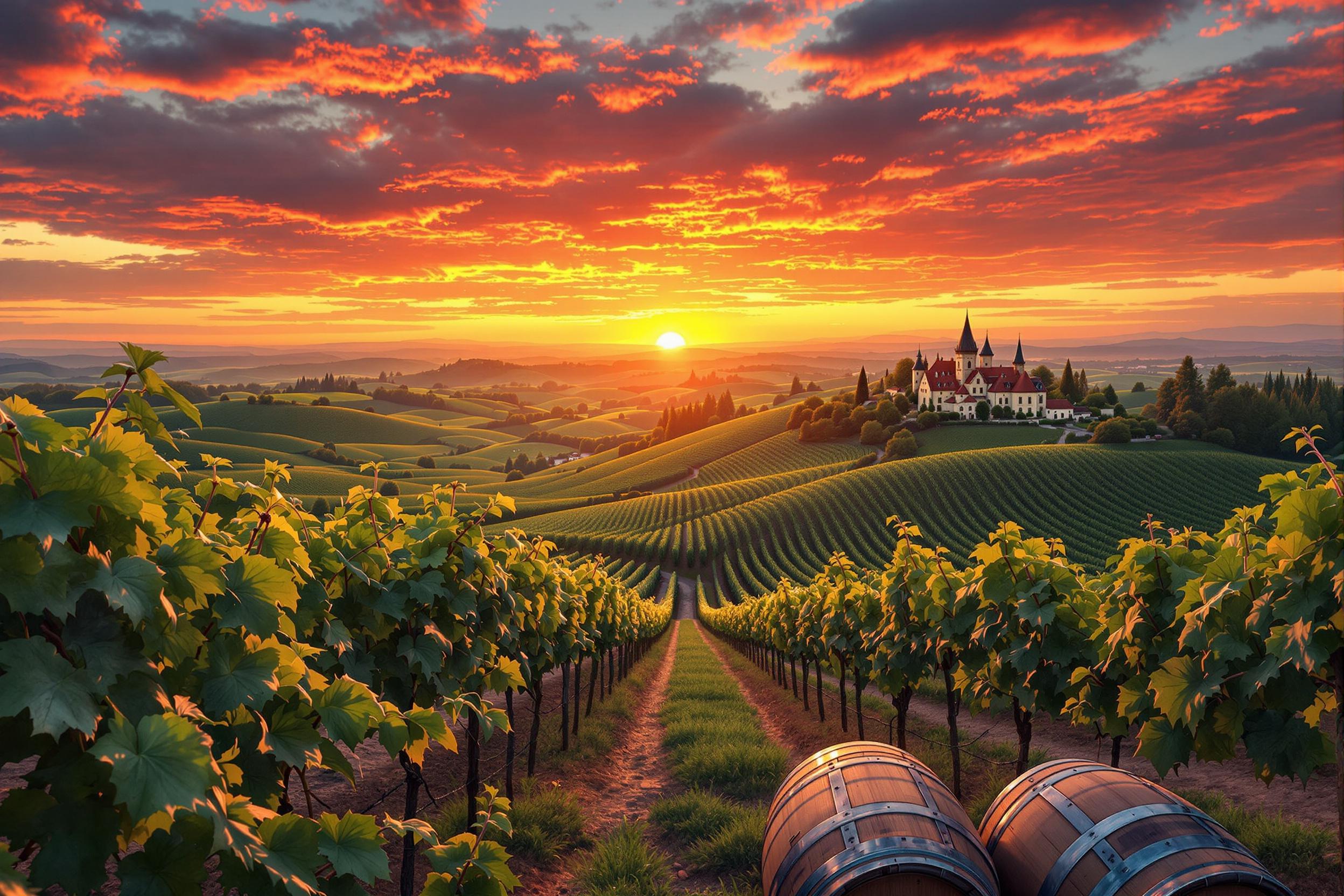The quest for authentic experiences drives today’s connoisseur, fueling a surge in demand for small-batch, sustainable beverages. Craft wine leads this charge, captivating consumers with unique stories and meticulous winemaking. This article explores the premium craft world, examining trends, challenges, and innovations shaping local vineyards and sustainable crafting. Discover how generational preferences and a renewed terroir appreciation redefine craft wine and spirits—and how businesses like TourDeWine cater to this discerning market.
The Rise of Craft: An Analytics-Driven Trend Analysis
Global trends reveal a robust craft beverage market. Data shows rising consumer spending on premium craft offerings, signifying a shift from mass production. This isn’t a fad; it’s a fundamental change. Small-batch wines and spirits resonate with consumers valuing quality, provenance, and sustainability.
Small-Batch Growth: A Budding Market
Small-batch beverages consistently outperform the broader alcohol market. Craft distilleries and wineries experience exponential growth, fueled by the desire for unique, meticulously crafted products. This is particularly true for whisky, gin, and craft wine. Limited availability and perceived craftsmanship contribute to their premium appeal. TourDeWine recognizes this, curating exclusive, high-quality collectible wines and spirits.
Sustainability: A Core Consumer Value
Sustainability is now mainstream, impacting consumer choices across industries, including beverages. Organic winemaking and eco-friendly distillation are essential for brands targeting environmentally conscious consumers, especially younger demographics. Data links sustainable product preference with premium price acceptance. Sustainable local vineyards gain a competitive edge, attracting ethically minded customers. TourDeWine champions sustainable producers, reflecting these values in its collection.
Generational Shifts: Gen Z’s Influence
Gen Z’s purchasing power shapes the craft beverage market. They prefer unique, authentic, ethically produced goods, favoring transparent brands. Drawn to experiences and stories, they find the narrative behind handcrafted beverages compelling. Limited edition wines and spirits, with their unique stories and methods, perfectly align with Gen Z’s tastes. TourDeWine understands this, tailoring its offerings to these discerning consumers.
Terroir’s Importance: Flavor Rooted in Origin
Terroir—the environmental factors influencing crop characteristics—is gaining renewed appreciation, especially in craft wine. Consumers care about geographical origins, recognizing that local production imparts distinct flavors. Local vineyards highlighting their terroir and methods stand out. This emphasis on place connects consumers and producers, enhancing the perceived value of craft beverages. TourDeWine prioritizes wines and spirits showcasing unique regional terroirs.
Challenges and Case Studies in Sustainable Crafting
Despite robust growth, craft beverage producers face challenges in maintaining sustainability and branding. These hurdles demand strategic solutions.
Barriers to Sustainable Crafting
Organic and sustainable methods often require substantial upfront investment. Eco-friendly processes can be costly and require operational changes. Smaller vineyards and distilleries may lack resources or expertise. Navigating sustainability certifications and accessing sustainable packaging/distribution pose further challenges.
Branding Challenges in a Competitive Market
Differentiating craft offerings and communicating brand values requires sophisticated marketing. Building awareness and loyalty demands creativity. Producers must convey their unique story, emphasizing methods, sustainability, and terroir. Competing with larger brands’ marketing budgets is a significant hurdle.
Regional Success Stories
- Napa Valley: Collective investment in sustainable practices and certifications, like Napa Green, links premium branding to quality and sustainability.
- Islay: Distilleries known for peated Scotch are adopting sustainable initiatives, leveraging regional identity and tradition.
- Willamette Valley: Embracing organic/biodynamic methods and collaborative marketing highlights regional commitment to sustainability and Pinot Noir.
These cases demonstrate that overcoming barriers requires investment, strategic marketing, and often, regional collaboration. TourDeWine seeks producers exemplifying these practices.
Innovative Solutions: Eco-Friendly Production and Local Flair
Innovation in production and marketing enhances sustainability and local appeal, driving growth.
Eco-Friendly Techniques
- Precision Viticulture: Data analytics and technology optimize vineyard management, minimizing resource use.
- Biodynamic Farming: Holistic practices enhance soil health and biodiversity, minimizing environmental impact.
- Water Conservation: Advanced irrigation and drought-resistant rootstocks mitigate water scarcity.
- Renewable Energy: Solar and wind power reduce reliance on fossil fuels.
- Sustainable Packaging: Lightweight glass, recycled materials, and biodegradable options minimize waste.
Marketing Local Flair
- Terroir Storytelling: Narratives highlight the unique terroir, resonating with consumers seeking authenticity.
- Digital Engagement: Connecting directly with consumers showcases craftsmanship and sustainability.
- Experiential Tourism: Vineyard tours and tastings build brand loyalty.
- Regional Partnerships: Joint marketing initiatives amplify reach.
- Highlighting Craftsmanship: Emphasizing artisanal methods builds trust and value.
TourDeWine champions these approaches, partnering with innovative, sustainable producers.
Visualizing the Craft Market: Infographics
Infographics effectively communicate complex information. Consider these examples:
Infographic 1: Market Growth
Illustrate the craft beverage market’s growth, including percentage growth year-over-year, market share increase, future projections, and geographic distribution.
Infographic 2: Generational Preferences
Depict generational differences in beverage choices, including consumption percentages, preferred categories, influencing factors, and spending habits.
Infographic 3: Packaging Evolution
Showcase the shift towards sustainable packaging, comparing materials, adoption rates, environmental impact, and innovative examples.
Tips for Connoisseurs: Building a Premium Collection
Understanding key attributes and selection strategies is crucial for discerning consumers.
Building Premium Attributes
- Focus on provenance and terroir.
- Seek small-batch and limited editions.
- Embrace organic and sustainable practices.
- Explore unique winemaking methods.
- Invest in proper cellar techniques.
- Develop your palate through tasting and education.
- Curate a diverse collection.
Seven-Stage Wine Tour Framework
- Research and region selection.
- Winery appointment scheduling.
- Vineyard and production tour.
- Guided tasting with winemaker interaction.
- Palate calibration and note-taking.
- Purchase selection.
- Post-tour follow-up and cellar management.
Tips for Discovering Wineries
- Seek family-owned or boutique wineries.
- Look for awards but prioritize personal preference.
- Engage with staff and ask questions.
- Taste across vintages and styles.
- Consider wine club memberships.
TourDeWine offers a curated selection of premium craft beverages embodying quality, provenance, and sustainability.
Conclusion
The craft beverage world is evolving, driven by consumer demand for authenticity, sustainability, and unique experiences. By embracing innovation, producers thrive. Discerning consumers can navigate this landscape and build exceptional collections. TourDeWine stands at the forefront, offering the very best in craft beverages. Explore TourDeWine today to discover limited edition wines, handcrafted beverages, and exceptional offerings from sustainable local vineyards. Elevate your cellar and experience the unparalleled quality of premium craft.
Discover premium craft beverages at TourDeWine. Browse our curated collection and elevate your experience. Visit TourDeWine today!



